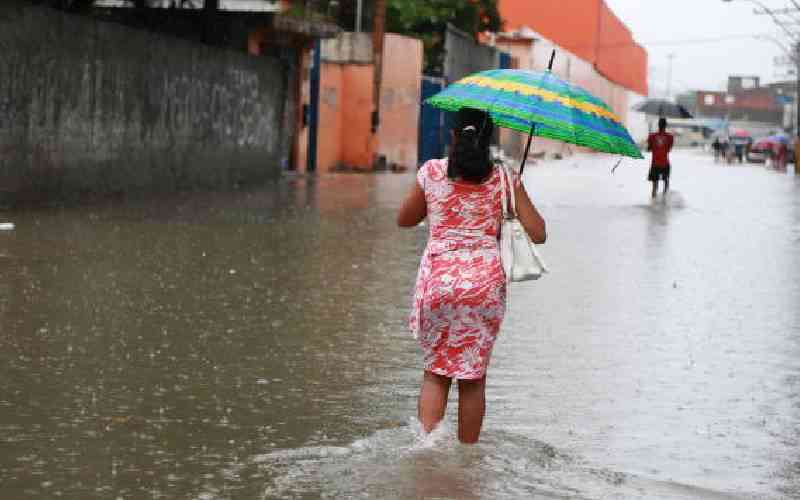×
The Standard e-Paper
Fearless, Trusted News

When the Cold War was ending in the late eighties, a general hope of a peaceful and prosperous future for the world inspired formulation of the Sustainable Development (SD) concept, the best plan of solidarity.
It was based on efforts by countries to build a world of economic growth for all, social progress, and clean and healthy environment.